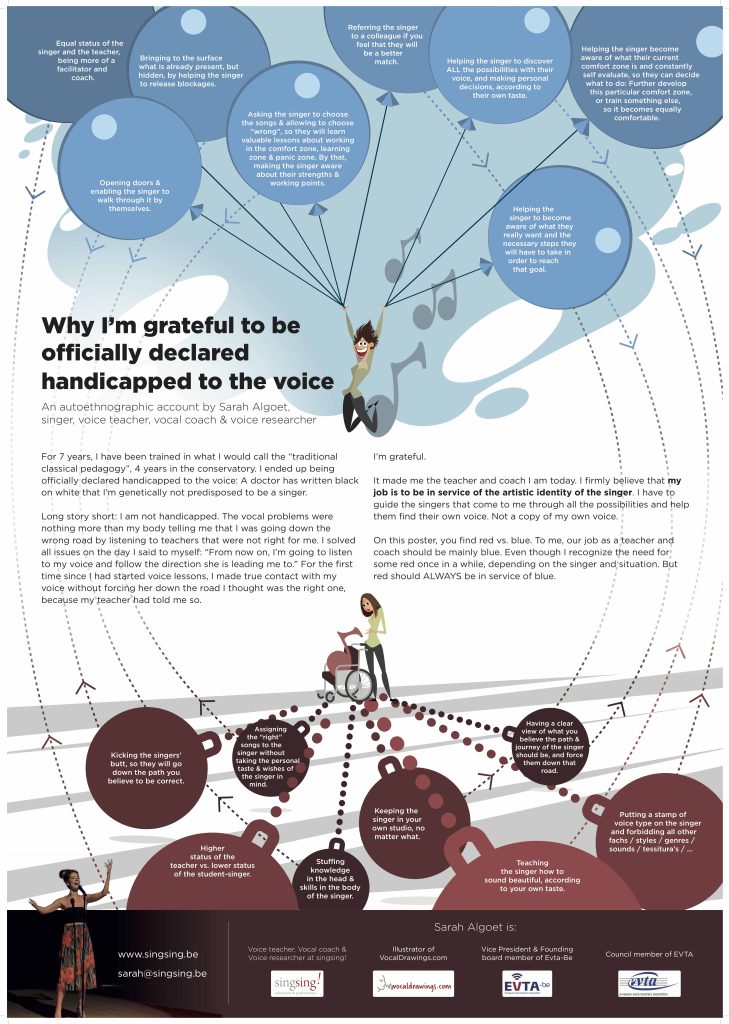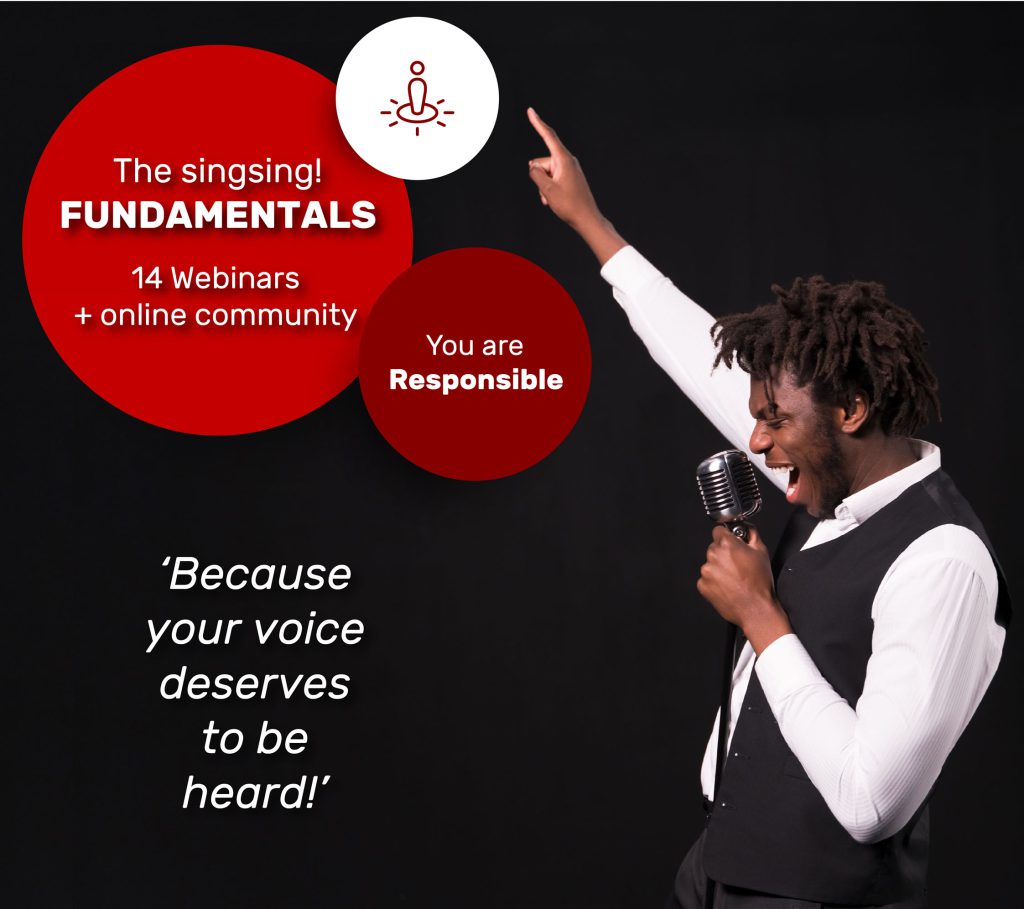
I am officially handicapped to the voice. (For real. No clickbait.)
27/11/2017
Today, I’m sharing a very personal story that has led to my basic philosophy as a voice teacher and vocal coach.
I’ll start with a timeline.
1997: After 7 years of playing the flute, I chose voice as my second instrument at the music academy, as I was singing almost constantly and everywhere. This singing was much to the dismay of my brothers, as I loved inventing backing vocals while we were in the car with the whole family. I guess they preferred the lead vocals… or no vocals produced by me at all 🙂 I was 15 years old when I took my first singing lesson by a classical voice teacher that my mom had chosen for me, even though I had only been singing alllll the other genres. Everything but classical (…). So I received classical training.

2001 – 2003: The love for voice had overpowered the love for the flute, so I went to a conservatory in Belgium. I got my candidate’s degree (now equivalent to bachelor’s degree) for classical singing. And might I add with some pride, with great distinction for voice.
2003 – 2005: I proceeded studying classical singing at a conservatory in The Netherlands.
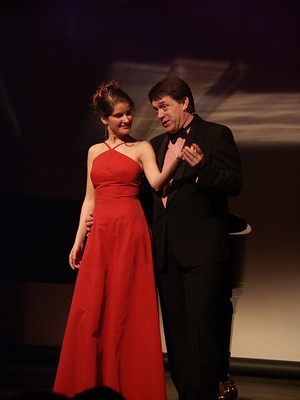
So, for 7 years, I have been trained with what I would call “the traditional classical approach”. The teachers had a very clear goal in mind and guided me towards that goal. They put me in a box of voice type (from mezzo to soubrette…) and decided which songs would suit me and my vocal development. I did my very best to fit into the box and perform the songs as I was expected to. OK, I have to admit that I cheated once in a while. As a teenager, I performed at quite a lot of weddings and funerals. If my teacher at the time would have known that I didn’t just sing ‘Ave Maria’ and ‘Pie Jesu’, but also belted out ‘The Power of Love’ by Celine Dion and the likes, she would have kicked me out. Seriously. I was to sing classical music. And if I sang a musical theater song, It’d better be sung with classical technique.
The older I became, the more I came across wrenching situations.
For example, towards the end of my classical training, I fell in love with Kurt Weill songs. He has written songs for actresses that were not trained singers. The emotion predominates “beautiful singing”. A lot of them are about tormented and enraged women, because a man has done them wrong in one way or another. *Yay* 🙂
However, for decades, it has been the tradition among a lot of classical singers to sing Kurt Weill “beautifully”. With that, I mean with a dark, round, classical sound and no vocal effect whatsoever. For me, that’s not how these songs are supposed to be sung. When I sing / shout “Nimm doch die Pfeife aus dem Maul, du HUND!”
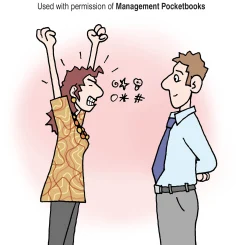
(“Take that pipe out of your mouth, you DOG!”) from ‘Surabaya Johnny’, I want to bite with a sharp raw sound, grunt, growl, pour my heart out. But I got told off for every sound that deviated from the teacher’s opinion. It was not interesting, not as it’s supposed to sound, and most of all, damaging my voice. However, to me, it was interesting, sounded as I wanted it to sound (great!), and it didn’t hurt. Even so, I listened to the teacher. They were the teacher, they must’ve known best.

In my final year at the conservatory, my vocal problems started. And they didn’t stop for a year. Without any identifiable reason, my voice would suddenly ‘stop’. Sometimes it felt like my voice was a piano with some of the keys missing. C and D would be fine, E was missing, but F and G were fine again. The day after, the problem was gone. But the day after that, the G was missing.
None of the ENTs I went to could give me a diagnosis. All I heard was “I don’t know what it is, I don’t know whether it will ever go away and if it goes away, if it will stay away.”.
All I knew was that during examinations, there would sometimes be a subglottal deficiency noticeable. A swelling that would come and go without an identifiable cause and very randomly. The final ENT I went to, was a very renowned one. He worked with the top classical singers of that country. And that’s the doctor who declared me officially handicapped to the voice.
He wrote black on white that I am genetically not predisposed to be a singer.
I still see myself sitting on the bench outside the hospital. I cried a bit. But to be honest, that was the only time. I think my mother has cried much and much more about the situation than I have 🙂
I quit my studies at the conservatory and moved back to Belgium. A few months later, I solved the issue myself and it took me exactly 1 day. On that day, I said to myself: “From now on, I’m not going to do anymore what other people want me to do, or what I think that they want me to do. Instead of trying to point my voice in a certain direction, I’m going to listen to my voice and follow the direction she is leading me to.” For the first time since I had started voice lessons, I made true contact with my voice without having a certain goal in mind. You might say without forcing her down the road I thought was the right one, because my teacher had told me so.
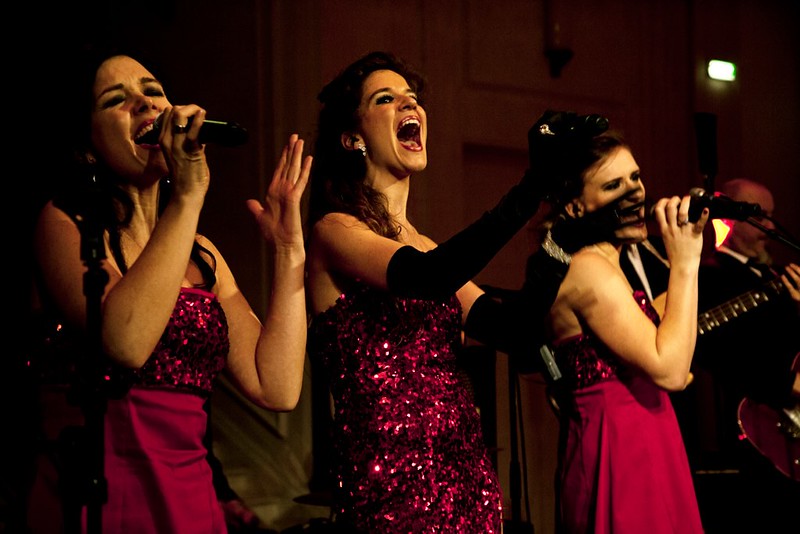
I only focused on 2 things.
- Does it sound as I want it to sound – and not as somebody else wants it to sound?
- Is it healthy? This means that it doesn’t hurt, tickle, strain,… and I can repeat it perpetually without getting hoarse.
And there she was:
My Voice
Stronger, happier, more flexible and bigger than ever. I had loads of fun while playing around with funny, ugly, coarse, strange sounds. But then again, what is the definition of funny, ugly, coarse, strange and the likes? There is no such thing as “a beautiful sound”. What might sound beautiful to me, might sound ugly to you. Soon, I started to look for vocal methods outside of the world of conservatories. I was convinced that there had to be more people like me. People that also thought that you can sing with so much more than just “the classical sound ideal” and still have a healthy voice. Of course there were…
In 2007, I went to my first masterclass of a non-conventional method. By that, I mean that at the time, it was not standard – and often even frowned upon – in conservatories. The light went on. There was scientific research on all those beautiful, crazy, lovely, diverse sounds that we can make! That was the beginning of an amazing journey of educating myself in the latest scientific knowledge, methods and pedagogy. Since 2011, I’m also performing ànd presenting my own scientific research at conferences all over the world! Click on the below picture of scans and endoscopies of my skull and vocal folds in order to read more about it 🙂
I’ll continue this journey of learning, studying and researching til the day I die. It is my duty to keep on searching, discussing, learning, listening and growing as a singer, teacher and coach. Talking about my growth as a singer… Studying all these non-classical sounds also made me a better classical singer! Because getting to know every corner of your voice without limitation obviously liberates you in all possible styles and genres
Now, I’m not saying that all these classical teachers I had were bad teachers. They were just not the right teachers for me. But the result of all this, is that I firmly believe that the job of a teacher / coach is to be in service of the artistic identity of the person that chose to work with us. We have to guide our clients through all the possibilities and help them find their own voice. Not a copy of our own voice. And this goes for the singing ànd speaking voice.
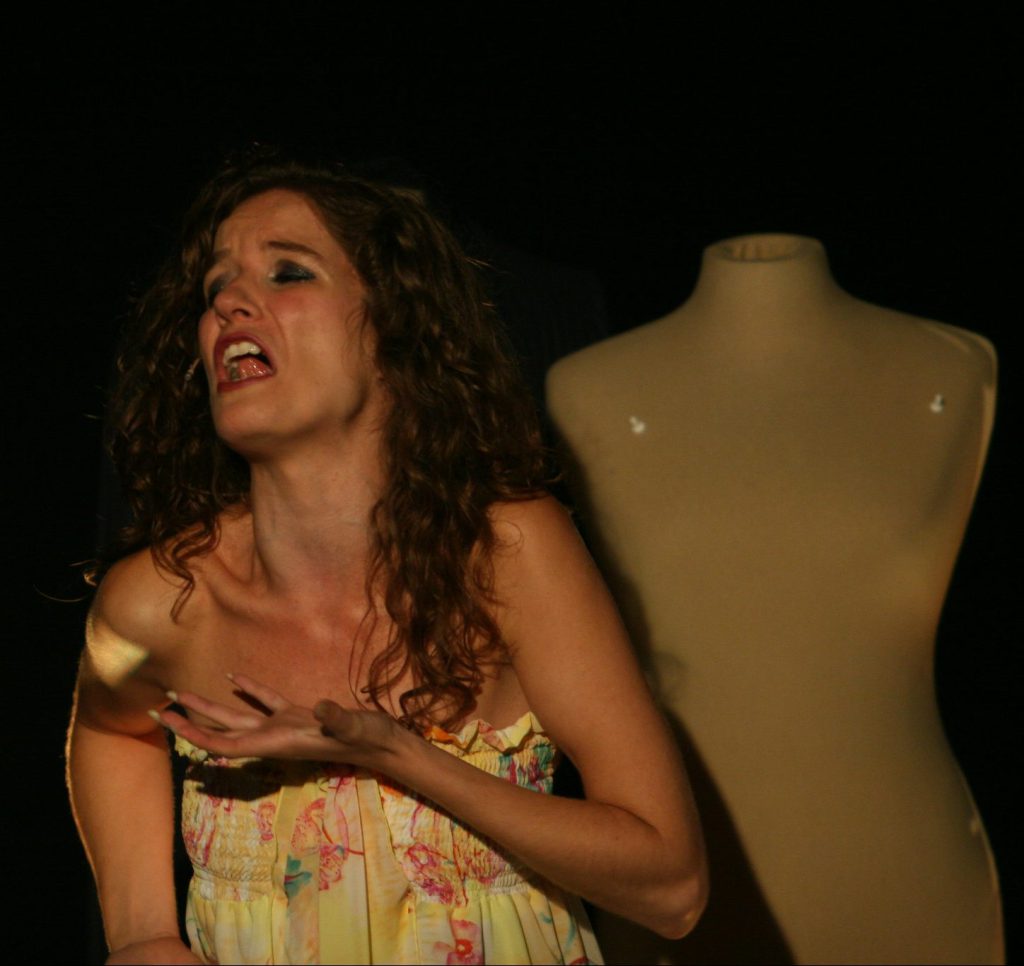
If a singer enters my studio with the song Memory from the musical Cats, and they will audition for a part in that particular musical theatre play, I will tell them what “the rules” within the genre are. They must know what the judges expect them to sound like. If they would ask for it, I would give my own opinion. After all, I do have one 🙂 But the most important question is “What do YOU want?”. If they want to sing a death metal version of the song, with distortion, grunt and the likes, and that hurts my ears, that’s my problem. Not theirs. My job is to help them sing the Memory like THEY want, in a healthy way. That means with distortion, grunt and the likes. End of story.
My personal artistic identity is very diverse. As a singer myself, I love to start the day with a very clean, lovely, classical Ave Maria at a church service, and end it with a rock band, while I rattle my heart out. And the day after, I might perform a jazzy version of Blackbird, accompanied by my favorite accordionist. Nowadays, we know that that is possible in a healthy way and that there are methods to teach singers all this. If the singer that enters my studio doesn’t want to know all these possibilities and just wants to perfect one part of their voice, then that’s also OK. I must not project my own ambitions onto my clients. I am in service of them and their choices.
All I can do, is try to guide my clients towards consciousness of their voice, their body, their breath, their instrument, their sound, their story,… And with this consciousness, they end up being able to make their own choices. I open the door, but they have to walk through it.
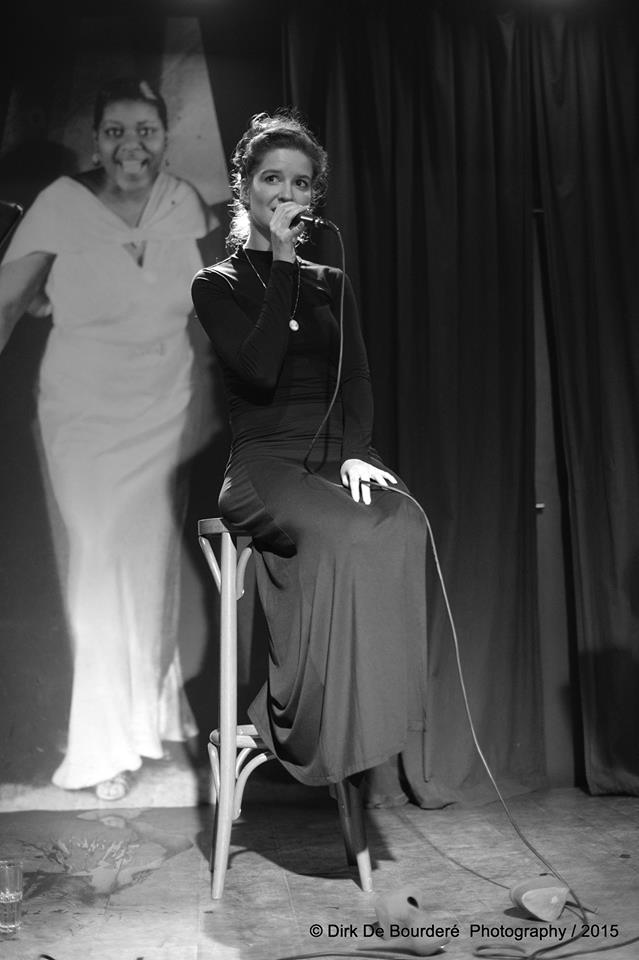
Thank you for trusting me with your voice, dear clients. Thank you for allowing me to accompany you on such a personal and emotional journey. What an amazing job I have.
PS: In the end, I am very grateful that the ego of that ENT didn’t allow him to say “I don’t know.”. Because of this official declaration of me being handicapped, I was able to quit the conservatory very easily. My voice had tried to tell me already for a long time that the road I was taking was not the right one for me. The doctor gave me the final push and very soon, I ended up on the path that was oh so right 🙂
PPS: No, I don’t have a disabled permit that allows me to park easily…
This blogpost was written in 2017. In 2018, I have designed a poster based on it.
This poster has been presented at the following international conferences & symposia:
- ‘Towards Best Practice: Teaching Singing in Higher Education – Core competencies‘ at the University of West London (UK), Sept ’18 – Poster, won 2nd prize 🙂
- Pan-European Voice Conference 13 – PEVOC, Copenhagen (DK), Aug ’19 – Poster
- Selected for Eurovox 2020 – Edinburgh (SCH), July ’20 – Poster (cancelled due to COVID-19)
- Selected for VASTA 2020 – Dreaming for the Future: Evolving Traditions – Sydney (AU), summer ’20 – workshop (cancelled due to COVID-19)
Thank you, Bram Algoet, for helping me design my poster!
Do you want to take responsibility for your vocal growth into your own hands after reading this blog?
Subscribe to the Library, watch the webinar You are Responsible and dive deep into what I consider the most important questions you should ask yourself, when embarking on a journey of growth. Whether it be by yourself, or with the guidance from a teacher / coach.

Fiza - Singer & Tour guide
Fiza - Singer & Tour guide

As always, feel free to send me your thoughts, questions, and feedback in the comments below this blog, via the contact form or in the singsing! online community
Cordially,
Sarah


